_preview.jpg) The Key to Erebus (The French Vampire Legend. Book 1)
The Key to Erebus (The French Vampire Legend. Book 1) Dare to Risk it All (Daring Daughters Book 7)
Dare to Risk it All (Daring Daughters Book 7) To Bed the Baron (Girls Who Dare Book 9)
To Bed the Baron (Girls Who Dare Book 9)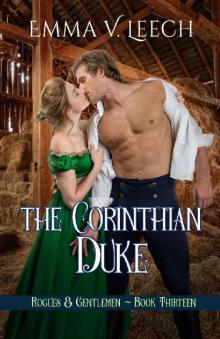 The Corinthian Duke
The Corinthian Duke The Fires of Tartarus
The Fires of Tartarus Winter's Wild Melody
Winter's Wild Melody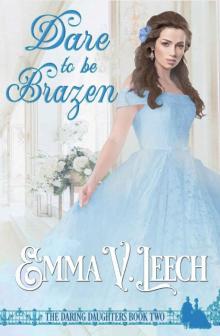 Dare to be Brazen (Daring Daughters Book 2)
Dare to be Brazen (Daring Daughters Book 2)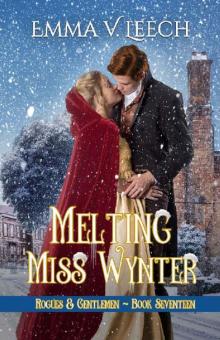 Melting Miss Wynter (Rogues and Gentlemen Book 17)
Melting Miss Wynter (Rogues and Gentlemen Book 17) To Dance until Dawn (Girls Who Dare Book 12)
To Dance until Dawn (Girls Who Dare Book 12) The Girl is Not For Christmas: A Christmas Regency Romance Novel
The Girl is Not For Christmas: A Christmas Regency Romance Novel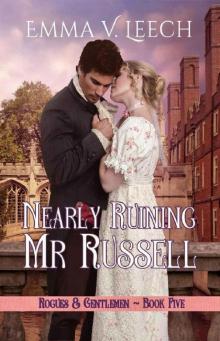 Nearly Ruining Mr. Russell
Nearly Ruining Mr. Russell To Wager with Love (Girls Who Dare Book 5)
To Wager with Love (Girls Who Dare Book 5) Dare it all for Love (Daring Daughters Book 5)
Dare it all for Love (Daring Daughters Book 5) Duke and Duplicity (Rogues and Gentlemen Book 15)
Duke and Duplicity (Rogues and Gentlemen Book 15) To Hunt the Hunter (Girls Who Dare Book 11)
To Hunt the Hunter (Girls Who Dare Book 11) A Dark Collection
A Dark Collection The Scent of Scandal (Rogues and Gentlemen Book 16)
The Scent of Scandal (Rogues and Gentlemen Book 16) Flaming June
Flaming June The Earl's Temptation
The Earl's Temptation The Christmas Rose: A Rogues & Gentlemen Novella
The Christmas Rose: A Rogues & Gentlemen Novella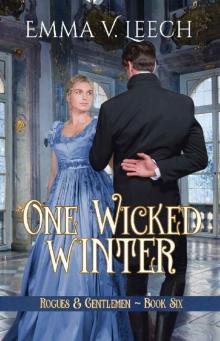 One Wicked Winter
One Wicked Winter The Mistletoe Dare (Daring Daughters Book 8)
The Mistletoe Dare (Daring Daughters Book 8) The Last Man in London
The Last Man in London To Tame a Savage Heart
To Tame a Savage Heart Scandal's Daughter
Scandal's Daughter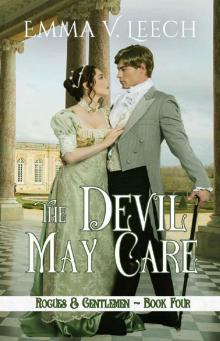 The Devil May Care
The Devil May Care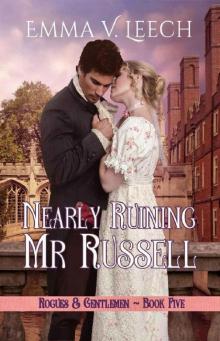 Nearly Ruining Mr Russell (Rogues and Gentlemen Book 5)
Nearly Ruining Mr Russell (Rogues and Gentlemen Book 5) Charity and The Devil (Rogues and Gentlemen Book 11)
Charity and The Devil (Rogues and Gentlemen Book 11) The Heart of Arima.
The Heart of Arima.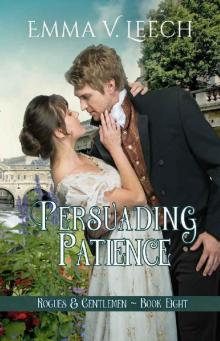 Persuading Patience
Persuading Patience A Dog in a Doublet
A Dog in a Doublet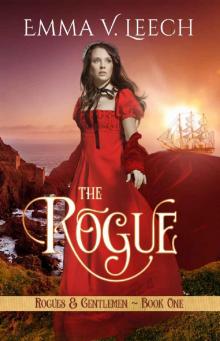 The Rogue
The Rogue Dying For A Duke
Dying For A Duke The Darkest Night
The Darkest Night